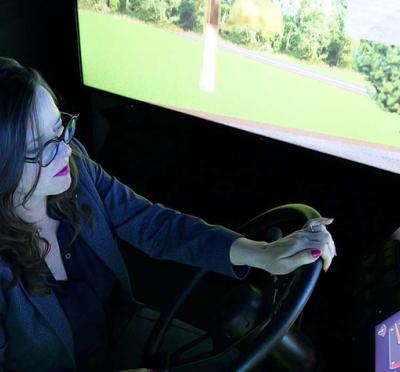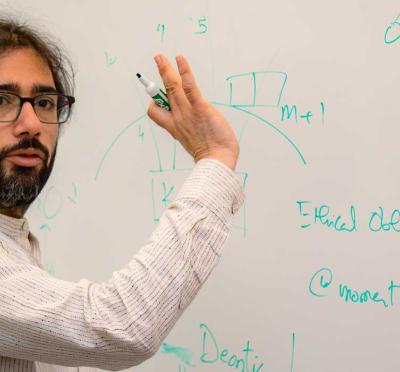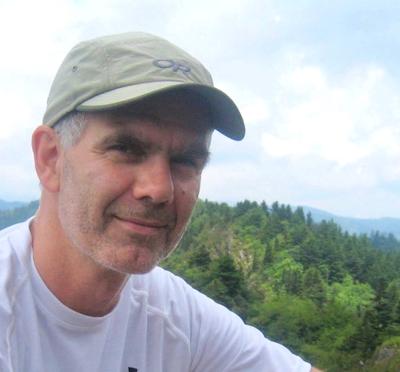Debbie Chou, a Ph.D. student in electrical and computer engineering at Oregon State University, is a researcher at heart. This is how she knew that Oregon State’s College of Engineering, where she also earned her master’s degree, was her ideal graduate milieu.
“I was studying at National Taiwan University for my undergrad and thinking of the U.S. for graduate school,” Chou said. “I was doing IC (integrated circuit) design, and Oregon State has a great electrical engineering program, especially in IC design. My undergrad professors shared scientific papers from some of the groups at OSU with us, so I knew there was important work being done at the university.”
Coming into her master’s program in 2019, Chou was interested solely in integrated circuits. However, she had the opportunity to make important advances in a recent graduate’s project, working on an optical sensor called a single-photon avalanche diode in the Sensors and Integrated Microelectronics Lab supervised by Matt Johnston, associate professor of electrical and computer engineering. Having learned a lot from this experience, she began to expand her areas of research interest.
“At first, I just focused on the IC design part, but because I had to get to know every facet of the project, I started to take courses about semiconductors and process integration. The core semiconductors course in our program, ECE 614, has been especially helpful,” Chou said.
Less than two years later, Chou placed third in the 2021 MWSCAS Best Student Paper contest for her work on the SPAD optical sensor. That same summer, she also completed a virtual internship with TDK-affiliated InvenSense, where she helped design analog circuits for motion sensors, such as gyroscope sensors found in smartphones. Just as she intended, Chou has learned to comfortably navigate the complex relationship between IC and semiconductors.
“I’m now trying to explore the applications of my work,” she explained. “For example, think of HDR imaging. When your cellphone switches to HDR mode, it sees the bright and dark parts of images. I’m working on creating a wide dynamic range optical sensor similar to the HDR mode in cellphones, but this sensor is for biomedical experimental applications, where the targeted illuminance is lower and fluorescence detection needs to be better.”
In terms of eventual career goals, Chou, who has just begun her doctorate, will remain flexible and open to any research-related opportunities. Being flexible and proactively participating in class is also her advice for future College of Engineering graduates with similar goals.
“My courses at OSU have given me a lot of experience in designing, improving my skills, and working in the lab. The professors are very helpful; we all cooperate together,” Chou said.



